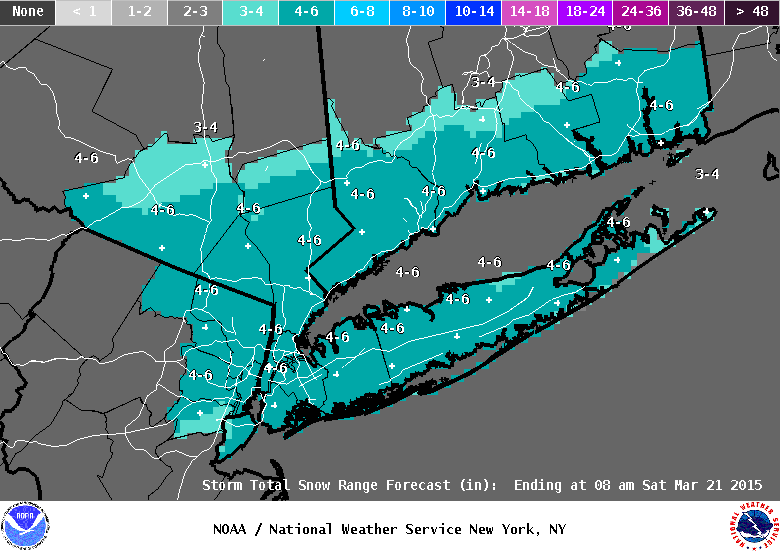Lower stress lowers your blood pressure
You can't see your blood pressure or feel it, so you may wonder why this simple reading is so important. The answer is that when blood pressure is high, your heart is working overtime to pump blood through your body. This extra work can result in a weaker heart muscle and potential organ damage down the road. Your arteries also suffer when your blood pressure is high. The relentless pounding of the blood against the arterial walls causes them to become hard and narrow, potentially setting you up for stroke, kidney failure, and cardiovascular disease.




